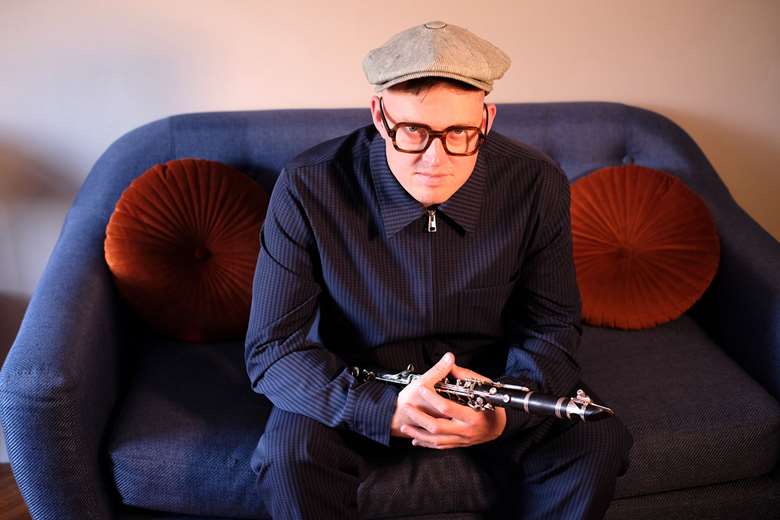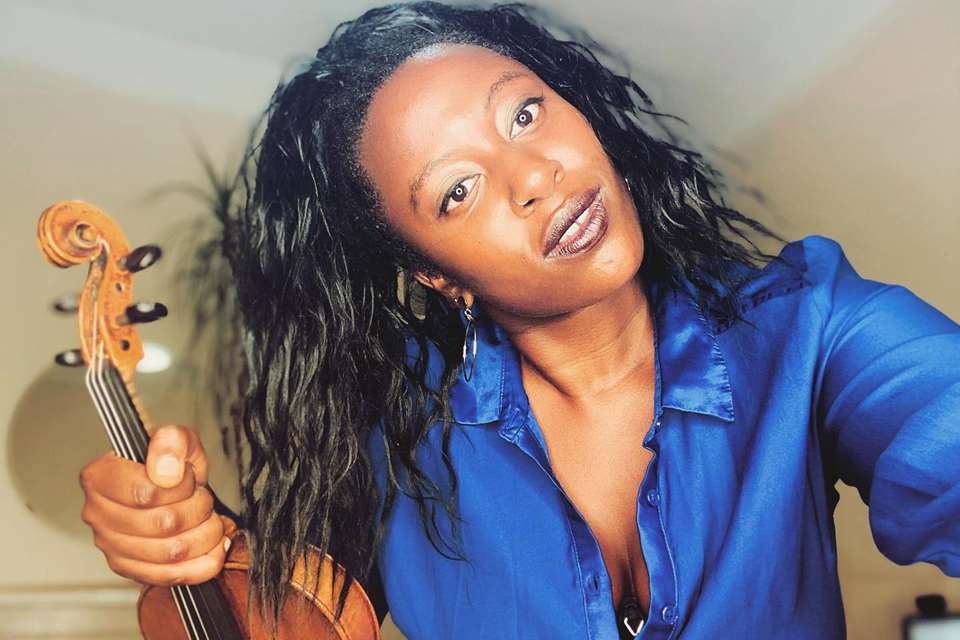Taking Off: Adrian Cox
Peter Jones
Thursday, April 18, 2024
With Clarinet Fantasy, Adrian Cox may have made UK jazz’s first ‘clarinet noir’ album. Peter Jones meets the musician and attempts to get the story behind this powerful, organic-sounding new record


Register now to continue reading

Thank you for visiting Jazzwise.co.uk. Sign up for a free account today to enjoy the following benefits:
- Free access to 3 subscriber-only articles per month
- Unlimited access to our news, live reviews and artist pages
- Free email newsletter





